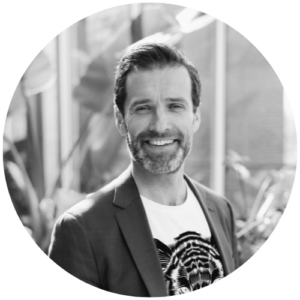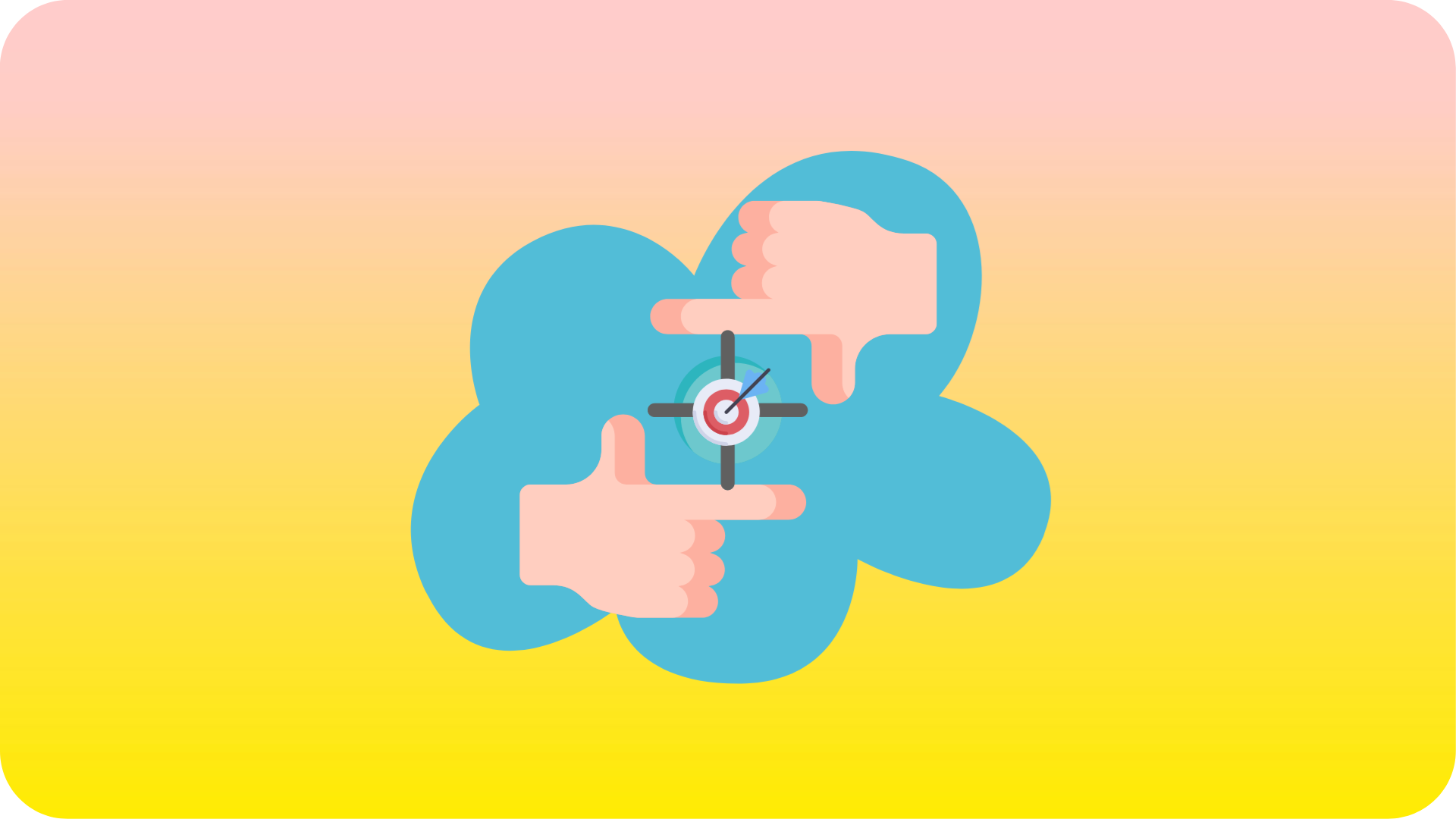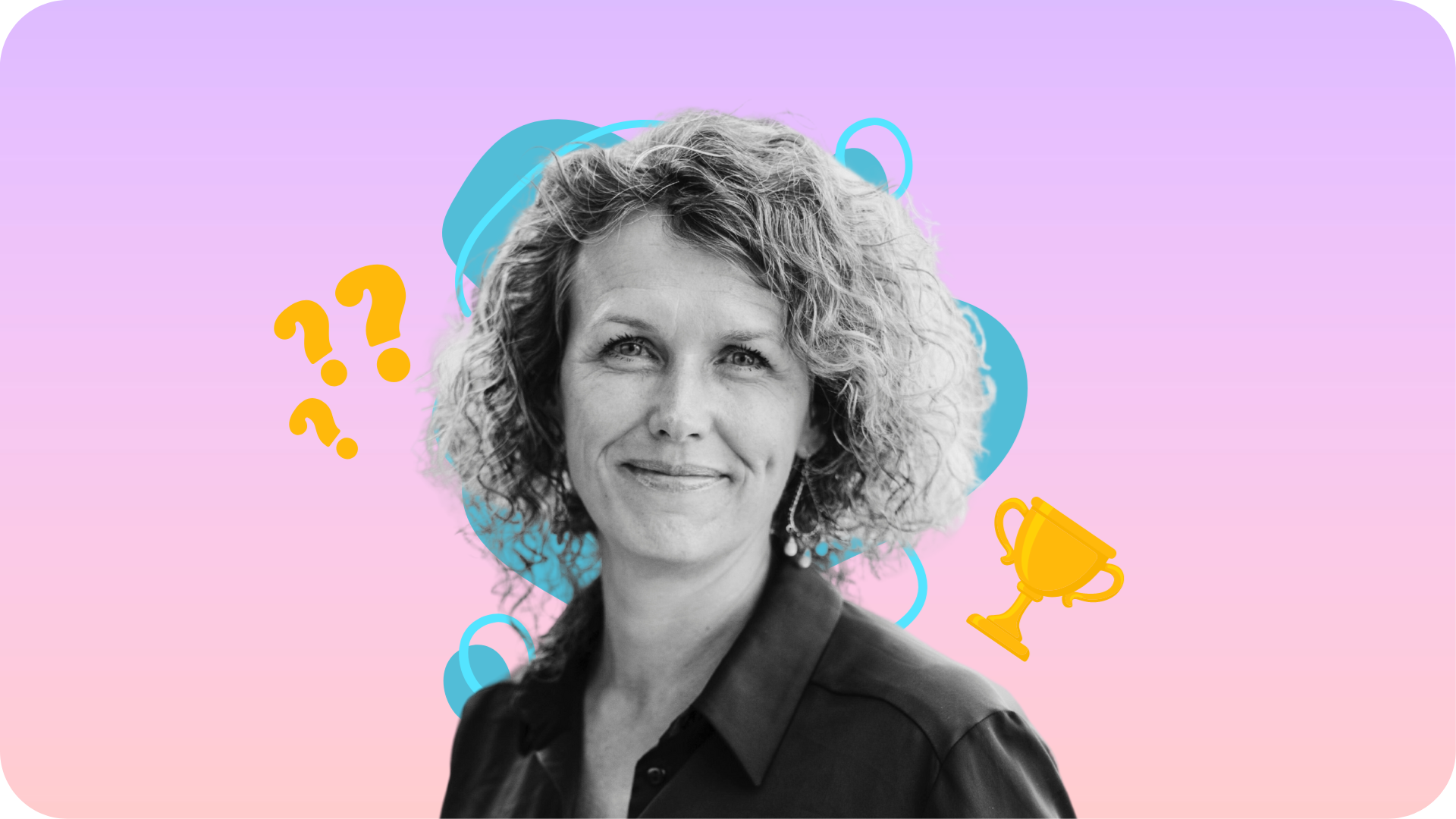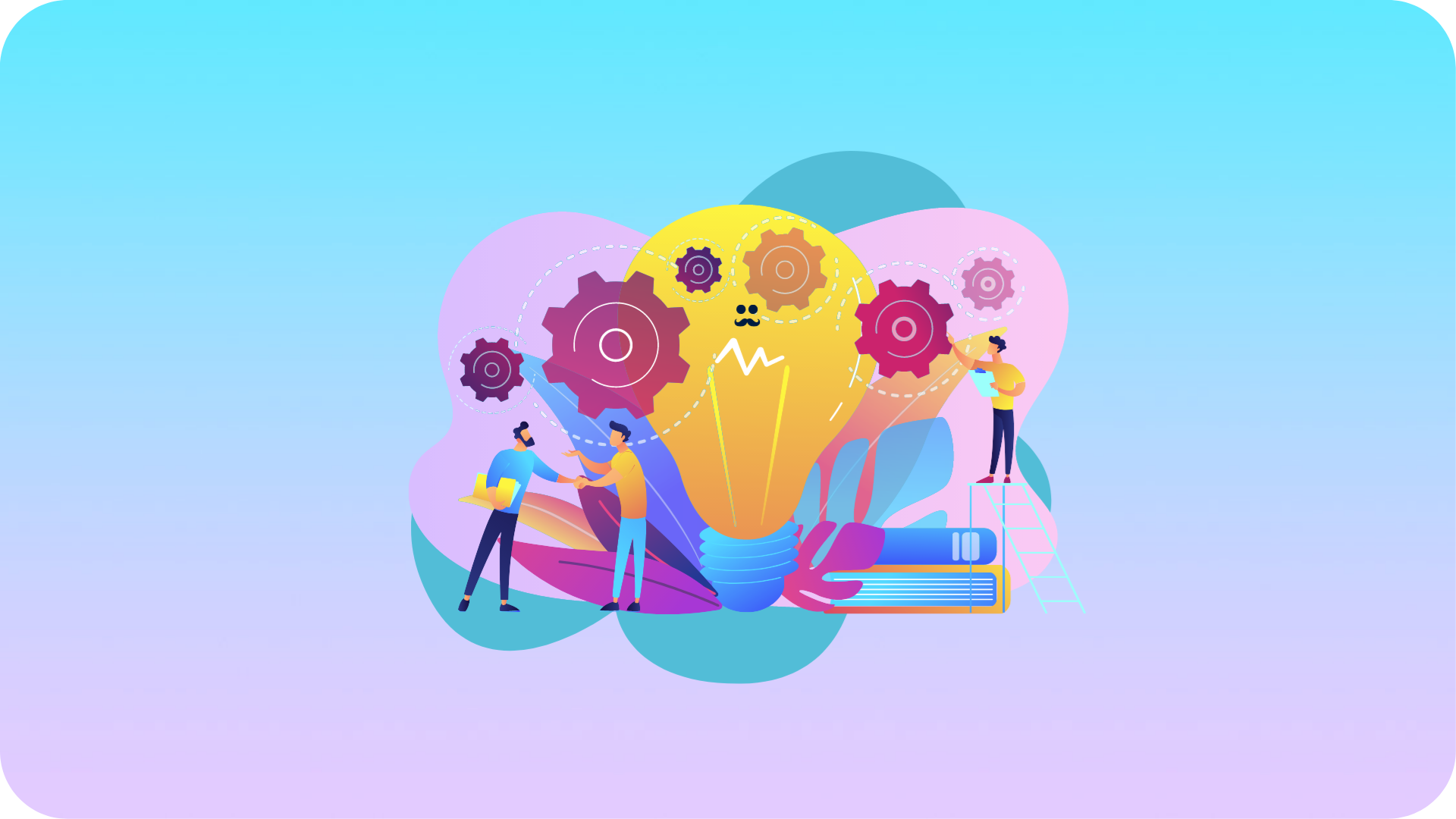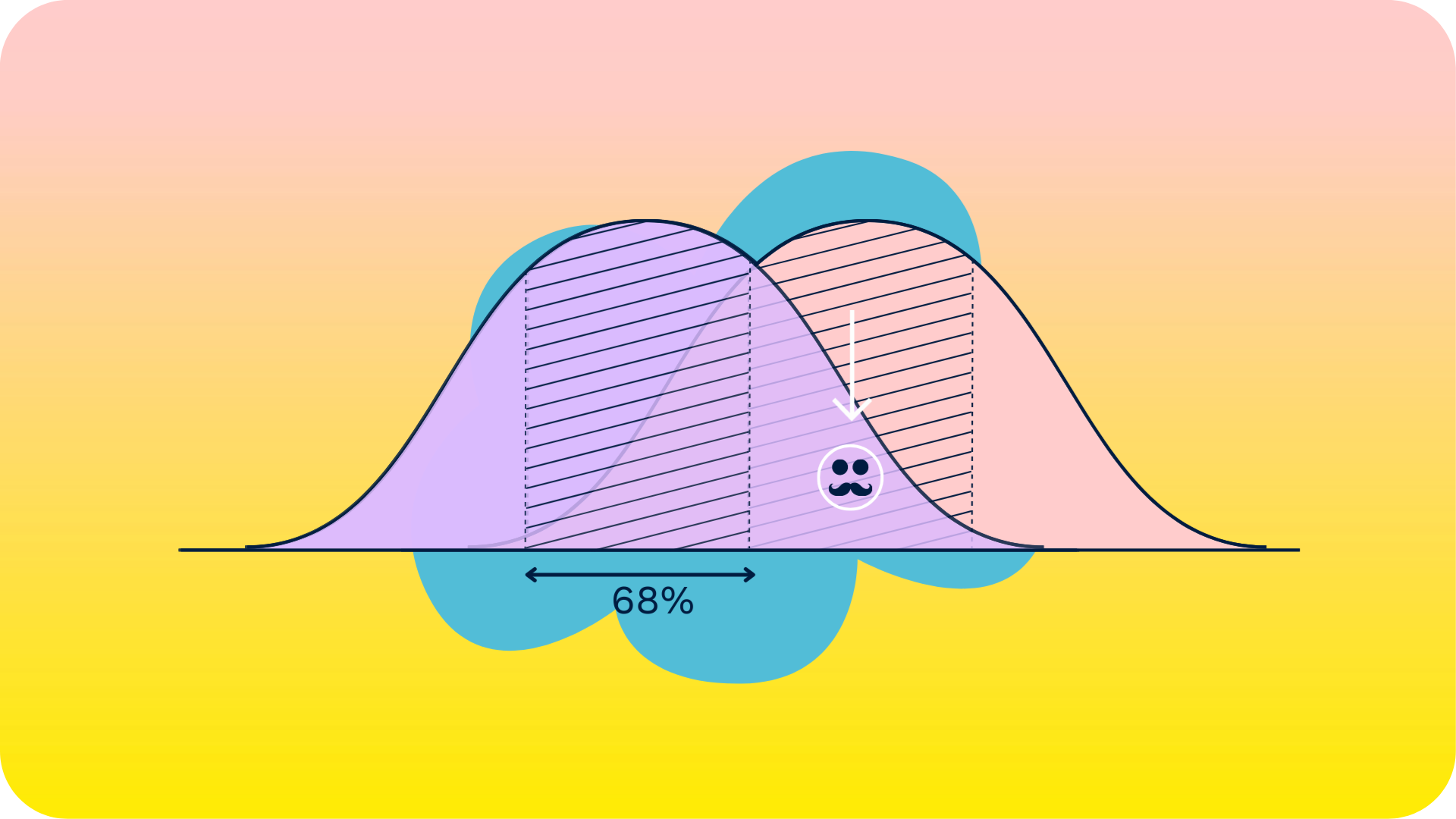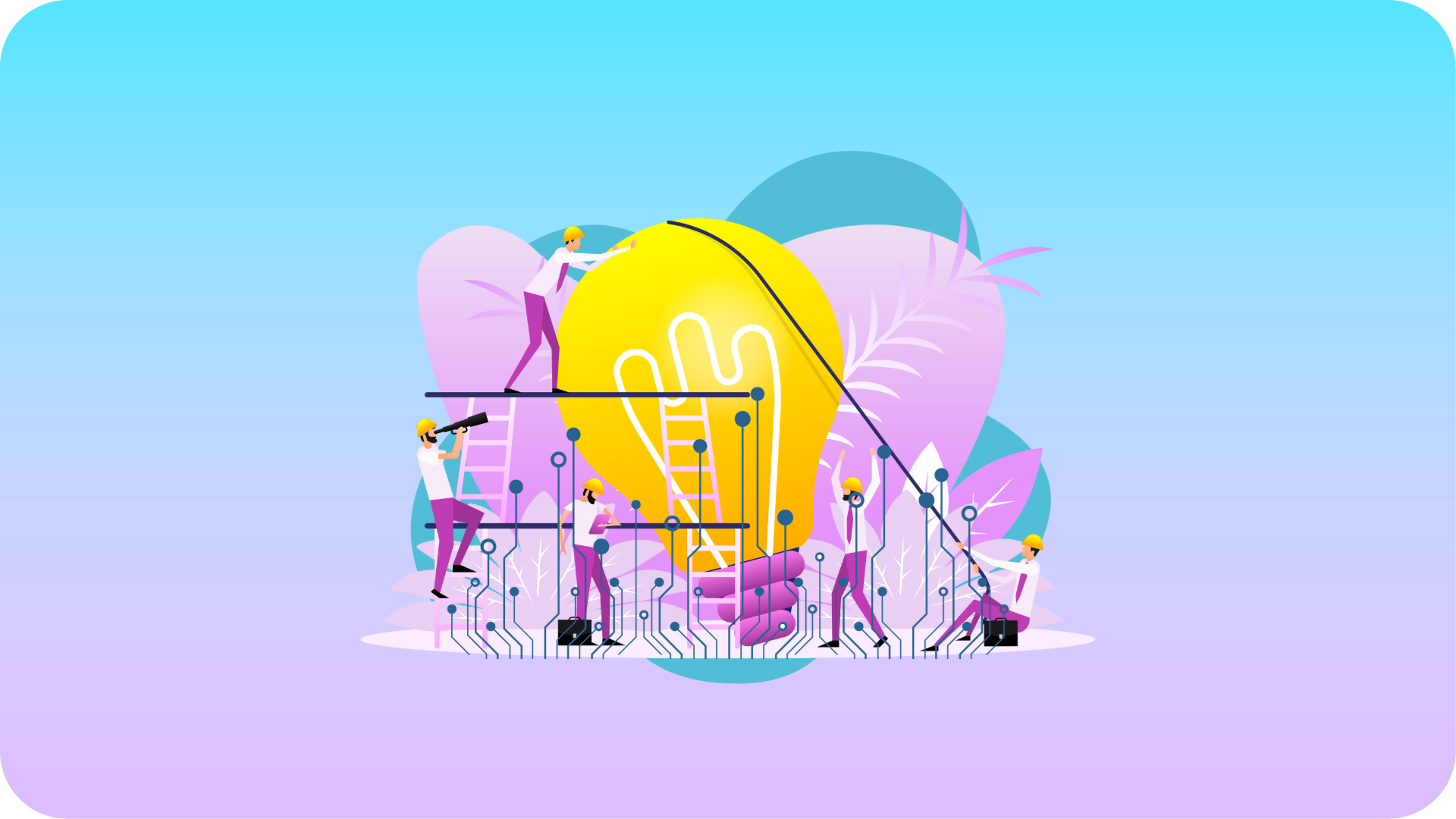What the corona virus can teach you about your future
Although the corona virus (COVID-19) that has been raging around the world has serious consequences for some that get infected, for most of us it’s a potential fear for what might happen to us in the future. It’s not an immediate threat either. That is why this is so interesting when you’re in the line of work that we operate in. We help organizations map possibilities in the future and identify with them what they might have to do to prepare and adapt to that future. Those changes are never immediate either. From that perspective there’s a lot to learn from your reaction to the spread of the corona virus. This might be valuable for your future (personal and professional). In this post I’ll describe what the possible reactions are and how they can be indicative for any path you pave into the future.
How you see the world, determines what your future is: a model
In our work we design possible paths into the future with organizations. What those future directions eventually look like is determined by what is possible. More importantly, it is determined by how people inside and outside those organizations will react to it. Thankfully there are only four possible ways that people deal with the world around them. To map this out we use a model that was developed by the great Dutch philosopher René Gude and described in his book ‘The Agora Model‘ (there’s only a Dutch version available). In this book René explains that there are only 4 basic ways that people give meaning to the world around them and extrapolating on that. This refers to 4 ways they react to change.
You have the rationalist that always tries to understand the world and is searching for models to explain the world to him. Then there is the empirist that finds meaning in what he can see, feel, hear, etc. This person uses his senses to give meaning. Then there is the affectionist that acts upon his gut feeling and instincts. Finally, René describes the voluntarist: a person that is driven by will power. These insights all stem from thousands of years of philosophy. And although they are extreme positions and every person is a mix of these drivers, it is a great navigating tool for finding possible directions for the future. Do read René’s book if you want to gain a much better understanding of these dynamics than what I painted here.
What was your reaction to the corona virus?
So, as I said in the beginning, how you typically react to change is indicative for how you see the future. Even organizations as a whole have a tendency to either of the 4 basic motivations in the way they are organized and operate, but we’ll leave that for now. Reflect back on the past couple of weeks and ask yourself: how did I react to this potential threat in the future when the corona virus hits your locality?
The Rationalists: are you a person that reads everything about? Are you a person that tries to understand what is going on, follows the news, reads up on all the inside knowledge of scientists or authorities and then acts upon what they say you should do? Then you are a rationalist in the Agora-model. The future for you has to make sense and you want to be able to logically construct steps forward. Without evidence, data, proof of something happening, you won’t accept any change.
The Empirists: are you a person that bases action on what you see other people do, especially people you trust? Do you look around you and when you see others wearing masks, you might consider getting one too? Are you a person that has stopped shaking hands or kissing? Then you are probably an empirist in René’s model. The future for you has to be tangible. You can’t relate to any plan for the future if you can not see it clearly. You need some tangible concepts and ideas that you can ‘put your hands on’ and then you get into action.
The Affectionists: are you a person that has reacted based on what feels right to do? Does your gut instinct tell you to stay calm, or to prepare? Are you a person that doesn’t really need too much evidence, but you can jump into action as soon as you feel you have to? Then you are an affectionst. The future direction you (or your organization) should take, just has to feel right for you ánd your family. As soon as you feel that energy that something is about to happen or change, you get going.
The Voluntarists: are you a person that has immediately jumped to action? Did you already get your masks, stocked up on food, have your hand washing routine practiced and executed properly? Are you convinced that this thing is not getting you down, and whatever terrible things might happen, you are going to beat it? The you are a typical voluntarist in the Agora-model. Your future is a future that you creating. You’ll try and do anything to stay ahead of the game. Change for you is hardly ever a threat, you enjoy the waves of change and you’ll ride them proudly.
What does it tell you about the future?
Now that you’ve identified your initial reaction to the potential threat to the corona virus you have identified how you see the world. And that determines how you see your future. The pathways forward that you will prefer or that you most believe in will have characteristics of the same dynamics.
And you can also ask similar questions of your organization? What happened in your company? What measures and actions were taken and why? Do they fall in either of the categories described above? If you can, then you have a wealth of insight on how your organization will see the future and what makes sense for your organization to do or not. Not because that is the way it is, but because those actions fall within what is realistic for your organization.
The eruption of the corona virus is a unique circumstance to identify the dynamics described above. Usually, when things are ‘business as usual’, your reactions to change are more nuanced. So, as Winston Churchill once said: never let a good crisis go to waste. Learn from your reaction to this potential crisis in the future. This can help you later on, when things get back to normal again and you want to work on you vision or strategy.
Minkowski uses the Agora model when we help organizations develop scenarios and strategies for the future (it’s part of the Awakening step of our approach), if you want to learn more, let us know.
Written by Jörgen van der Sloot
Founder & Head of Futures at Minkowski
